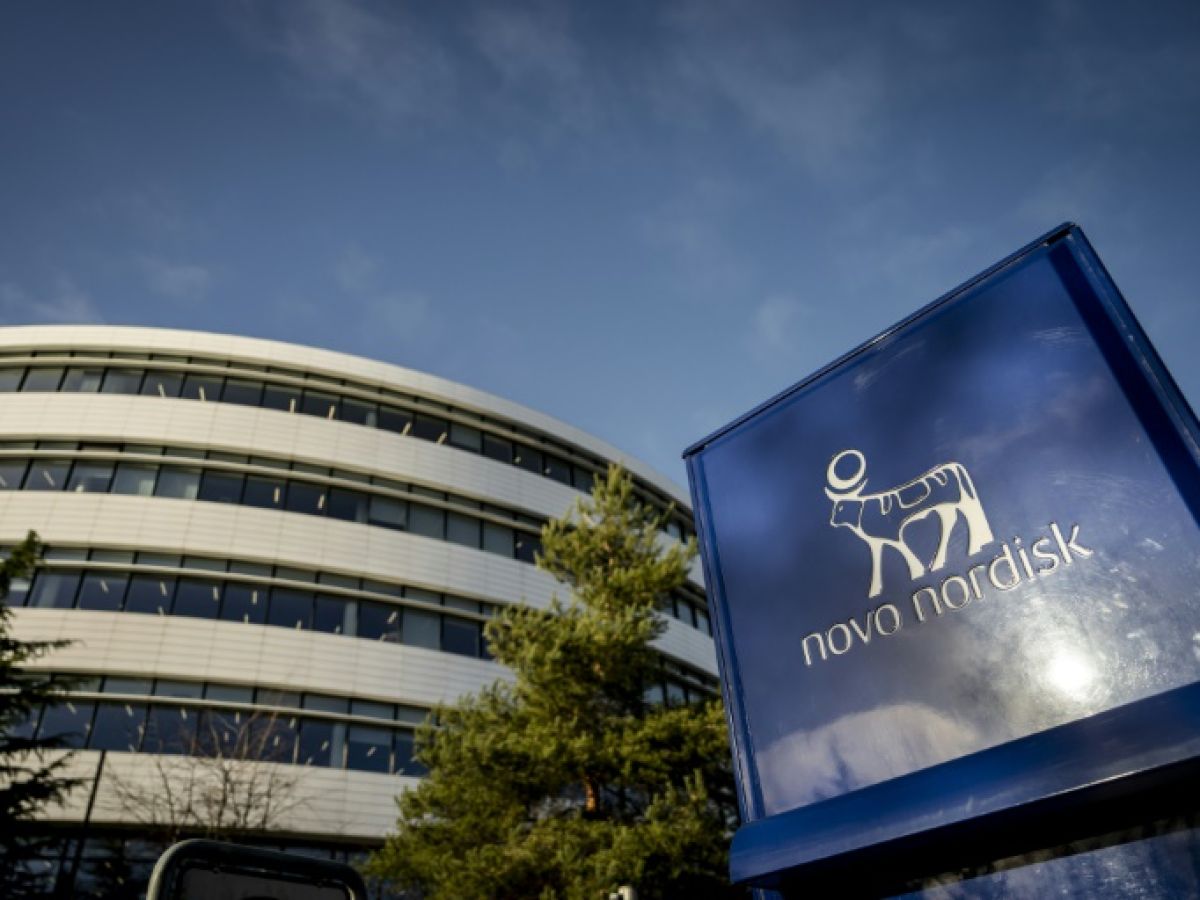Can supercentenarians help children affected by early and accelerated senescence? Researchers from the University of Bristol (Great Britain) and the IRCCS MultiMedica institute in Milan (Italy) have shown that a gene they possess can mitigate the heart damage caused by progeria.
Improvement of cardiac function
Progeria, or Hutchinson-Gilford syndrome (HGPS), results from a mutation in the LMNA gene. This mutation leads to the production of a toxic protein, progerin, which disrupts the functioning of the cell nucleus. Cells lose their stability, deteriorate more rapidly, and the heart ages prematurely. Affected children develop cardiovascular problems very early on, similar to those of an elderly adult, and most often die around the age of 12 or 13.
To combat this extremely rare disease (1 in 4 to 8 million births), the team of Paolo Madeddu at the Bristol Heart Institute and that of Annibale Puca at IRCCS MultiMedica in Italy decided on an original approach and delved into the biology of centenarians. These individuals, who defy the passage of time, often possess protective genes capable of maintaining their arteries' flexibility and their heart's function despite age. Among them is the gene LAV-BPIFB4 is already known to promote vascular health.
Researchers introduced this gene into mice genetically modified to develop progeria. After a single injection, the animals showed a significant improvement in cardiac function, particularly in the filling and relaxation of the heart. Tissue analysis also revealed a reduction in fibrosis (internal scarring of the heart muscle) and a decrease in the number of aging cells. Even better, new capillaries formed, a sign of vascular rejuvenation.
Read alsoThe number of "over 100s" is steadily increasing in France
A therapy based on the biology of healthy aging
To confirm these observations, the team tested the same gene on human cells from patients with progeria. The introduction of LAV-BPIFB4 restored some cellular functions, reducing signs of aging and fibrosis, without decreasing progerin levels. This means that the gene does not directly combat the toxic protein, but rather strengthens the cells' resistance to its harmful effects. The results are published in the journal Signal Transduction and Targeted Therapy.
“ Our research has highlighted the protective effect of a longevity gene on progeria-related heart disorders in animal and cellular models.“,” explains Yan Qiu, a researcher at the Bristol Heart Institute, in a statement. This strategy does not target the genetic cause, but draws inspiration from the biology of centenarians to restore heart health. Ultimately, it could also benefit normal aging heart function.“.
Read also Everything you need to know on progeria
Paolo Madeddu confirms that this gene could have effects far beyond progeria. We have found that it can also have beneficial effects in other cardiovascular conditions, such as limb ischemia, myocardial infarction, atherosclerosis or diabetic cardiomyopathy, even in the presence of high glucose levels. These are promising prospects that will need to be confirmed and will not be available for several years if they prove positive.
Currently, only a medicine, the Zokinvy (lonafarnib, Eiger BioPharmaceuticals, Inc.), is approved by the U.S. Food and Drug Administration (FDA). It limits the accumulation of progerin without affecting its production. Other trials are also underway, including gene therapy using the CRISPR-Cas9 molecular scissors and another combining several innovative molecules, but the results obtained are still partial.

